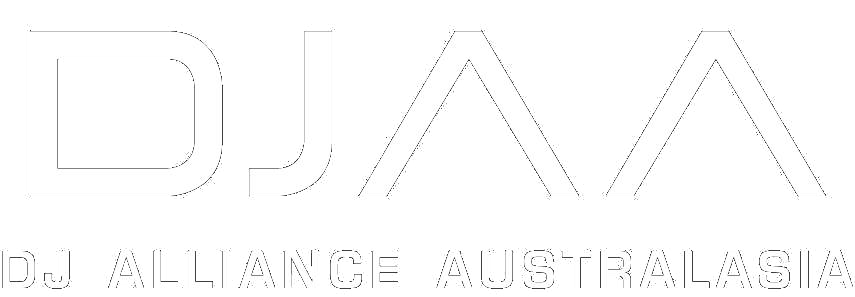Forget Spotify: Why you need a wedding DJ.
Let’s face it: planning a wedding can be costly. And to keep budgets down, it’s understandable that for many of us, something’s got to give – whether that’s the date, the dress or the entertainment. Before you cross wedding DJ off your priority list and create a free playlist instead, let’s explore why it can be so important to have a wedding DJ.
Your DJ can ‘feel’ the room
While putting together your own playlist might be filled with floor-filling favourites, by working with a wedding DJ, they can sense what’s appropriate to play and what the crowd actually wants to hear in the moment, minute by minute throughout the entire party.
Working with wedding couples months before their big day, a DJ develops an understanding for how important music is to them – what they like and what they really don’t like. This helps a DJ tailor the music to their day without it being prescriptive.
Ready-made playlists can work, but unless they’re carefully thought out from an entertainment perspective, they can lack flow and feel a little stop/start for guests wanting to party. For example: one minute you’re all dancing to an indie classic you loved from a festival and next, the energy screeches to a halt when a romantic, slow tune comes on, leaving just a few couples on the dance floor. DJs love reading the room, working with the vibe and playing what’s going to keep people partying!
They have expertise
When you hire a wedding DJ, you’re not just paying for them to “turn up and play a few tunes,” but for their years of experience within the entertainment industry. Over the years, DJs often work with hundreds of wedding couples to help create their dream days with meaningful music and special moments.
Like a great movie soundtrack, music at a wedding creates emotion. Music sets the scene. It can rock the party, creating energy and a crazy full dance floor that you just HAVE to be part of or, it can tug at the heartstrings as the newlyweds are lost in each other’s eyes during that perfect first dance or as a bride and her dad take to the floor for that dance with the first man she ever loved.
Many times, a DJ will help from music choices to planning the timing of the event. DJs help their wedding couples, giving them the advice they need and helping them design a day as unique as they are. You can be forgiven for thinking that a wedding DJ focuses solely on the music.
DJs are also frequently called upon to be the master of ceremonies, taking the pressure off their wedding couples by looking after timing and pacing of the day. They communicate with the other wedding suppliers (such as the photographer, videographer and reception venue coordinator) to make sure they are prepared for the next event moment – be that the speeches, cutting the cake and the all-important first dance.
After all of the time spent planning your big day, you deserve to be right there, living and loving every moment, without worrying about what comes next. A Spotify playlist can’t do that, but your wedding DJ will.
This article was contributed by Alan Marshall of Alan Marshall Celebrations. Alan is a current member and former Chairman of the National Association of Disc Jockeys.
The DJ Alliance Australasia along with our international not-for-profit partner Associations, the Canadian Professional Disc Jockey Association (Canada) and the National Association of Disc Jockeys (UK) are publishing a series of articles designed to help the general public better utilise the industry our collective Associations represent. We hope these articles are helpful and function to assist everyone achieve greater event success with mobile DJ & MC entertainment.
DJs & MCs wishing to publish DJAA “DJ MC Hiring Tips” blog content to their own website is permissible provided the content remains unchanged and when credit is given to a guest author that credit remains intact at the end of the blog post as originally written. Those republishing blog content must also have the following line inserted at the start of the post:
This was originally published by the DJAA (embed link to original article here) and has been republished here with permission.
